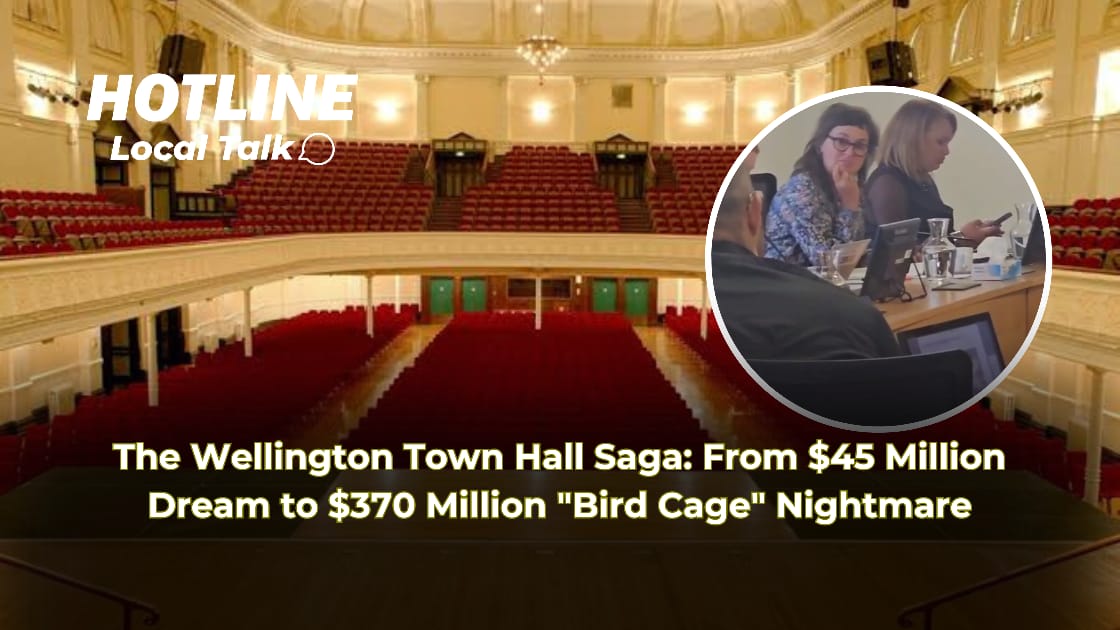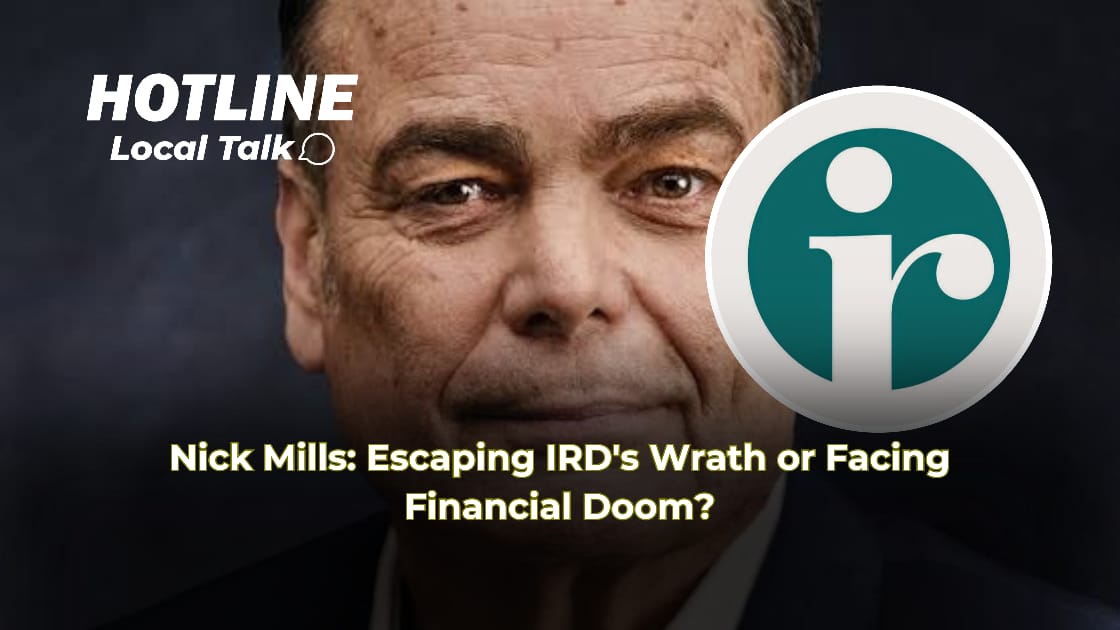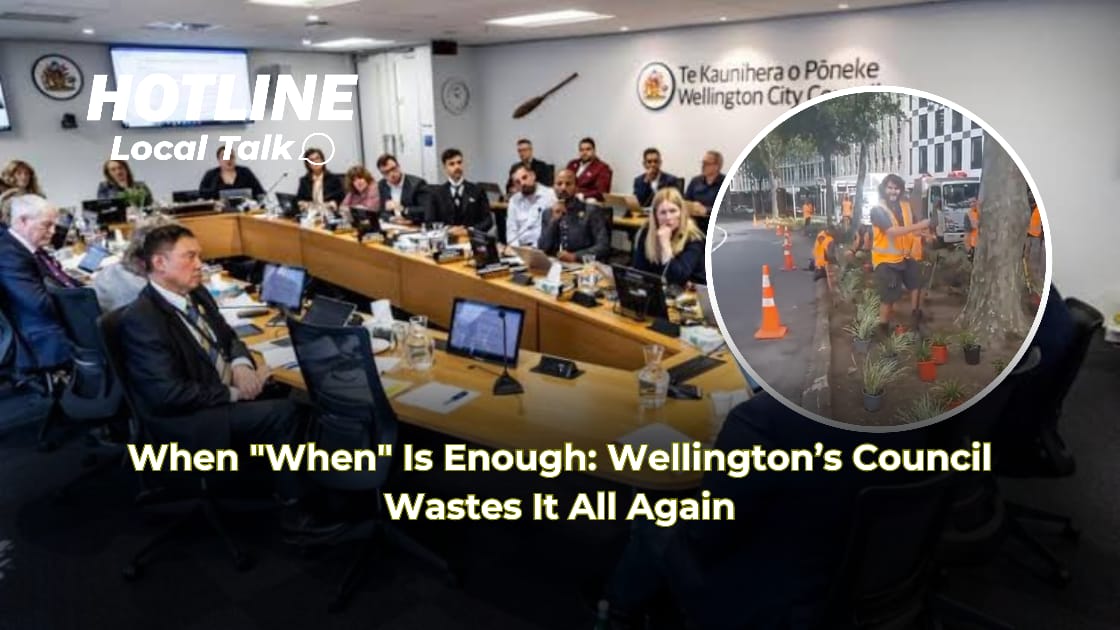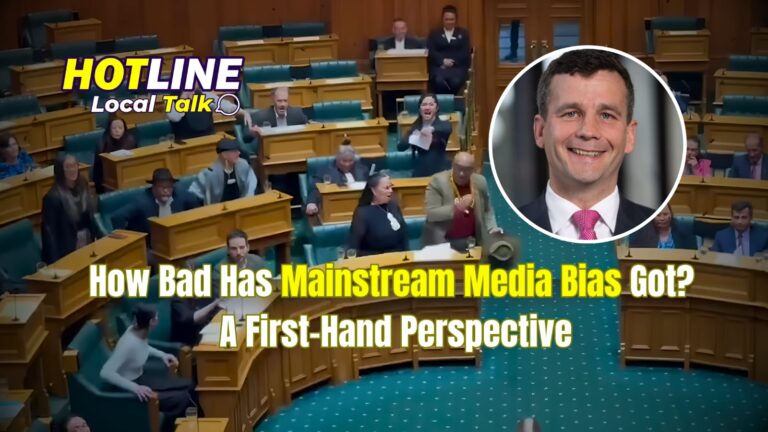By David Seymour, ACT Leader
The role of the media is to inform, challenge, and provide a platform for fair debate. However, my recent experience with sections of New Zealand’s mainstream media has made one thing painfully clear: bias has crept into the heart of their reporting. When I introduced the Treaty Principles Bill, the media’s reaction wasn’t to engage in a balanced discussion but to frame the Bill – and me – in the worst possible light.
Picture source: Facebook (David Seymour)
A Tale of Two Interviews
Take my recent interview on TVNZ’s Breakfast. Host Jenny-May Clarkson didn’t just ask tough questions – something I welcome – but outright labelled the Bill “divisive.” Let’s pause there. Divisive? Says who? That’s not reporting; it’s editorialising.
Then came an even bigger misstep. Clarkson claimed the Bill “changes the Treaty.” That’s simply untrue. The Bill doesn’t alter the Treaty of Waitangi itself; it revises the principles created in 1975 to guide its interpretation. Yet, instead of clarifying this distinction for viewers, the conversation was framed around a false narrative that fuels fear and mistrust.
Contrast this with Breakfast’s later interview that same morning with one of the Toitū te Tiriti hīkoi organisers – a protest against the Bill. The difference was stark. The host began with a haka, referred to the guest as “our spokesperson,” and even sang a waiata alongside them. It was less an interview and more a celebration.
Now, I don’t begrudge anyone their views or their right to protest. But the media’s role is to represent all sides fairly. When one guest is given a hero’s welcome, and another is interrogated under false premises, something is seriously wrong.
A Worrying Pattern
This isn’t an isolated incident. Increasingly, sections of the media seem more interested in advocacy than objectivity. Rather than providing balanced coverage, they amplify certain perspectives while shutting others down. The result? A public that is fed one-sided narratives instead of being equipped to form their own opinions.
Polling shows that when New Zealanders are informed about the actual content of the Treaty Principles Bill, many more support it than oppose it. The Bill asserts the Crown’s right to govern, protects individual and iwi rights, and guarantees equality before the law. These are principles most people agree with. But you wouldn’t know that from watching the news.
Why Media Bias Matters
When journalists let their personal views colour their reporting, they betray their responsibility to the public. Instead of informing us, they shape the story to fit a predetermined agenda. That’s not journalism – it’s propaganda.
The Treaty Principles Bill is about creating a fairer, more unified New Zealand. It’s about addressing tough questions and having honest, constructive conversations about race, governance, and equality. Yet these conversations are being drowned out by a media landscape that often favours sensationalism over substance.
A Call for Balance
New Zealanders deserve better. We deserve media that challenge everyone equally, hold power to account, and let the public make up their own minds. Instead, what we’re seeing is a system where some voices are amplified and others silenced.
I’m not asking for special treatment. I’m asking for fairness. If sections of the media continue to ignore their duty to impartiality, we, as citizens, must demand better. The future of New Zealand’s public discourse depends on it.








